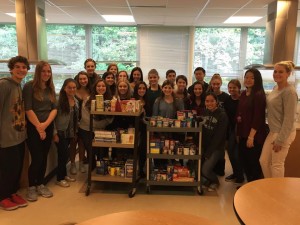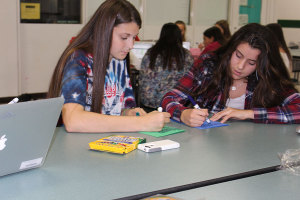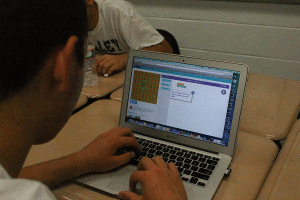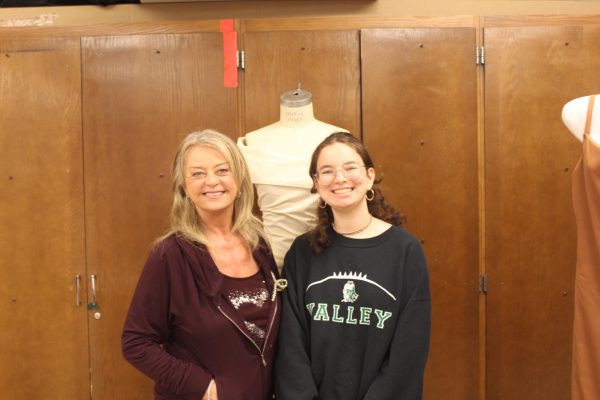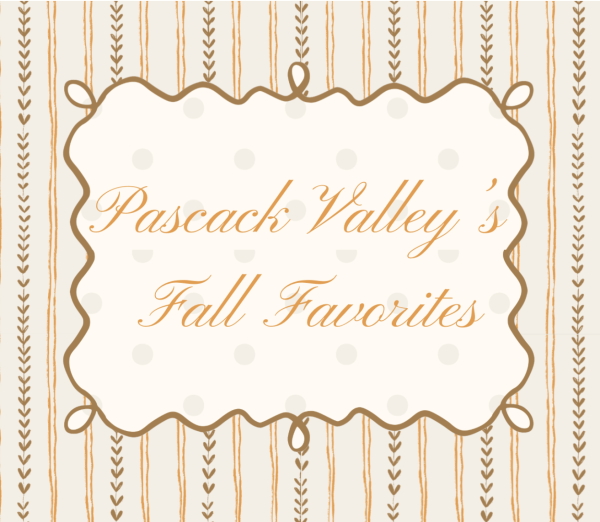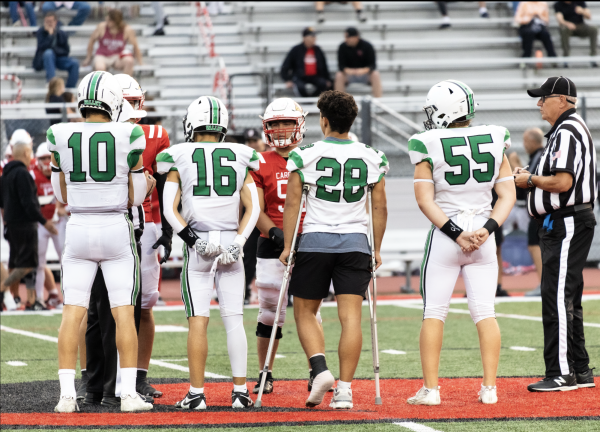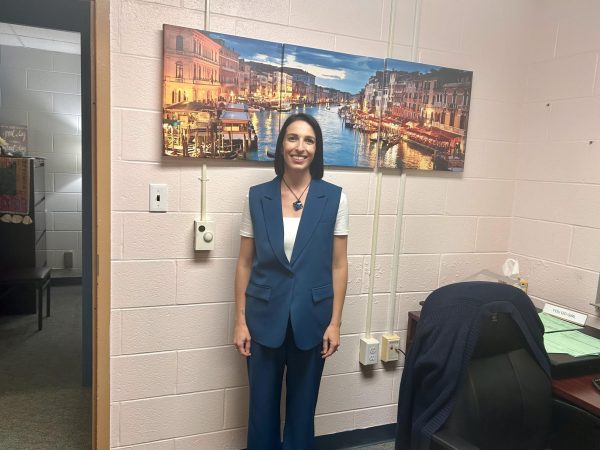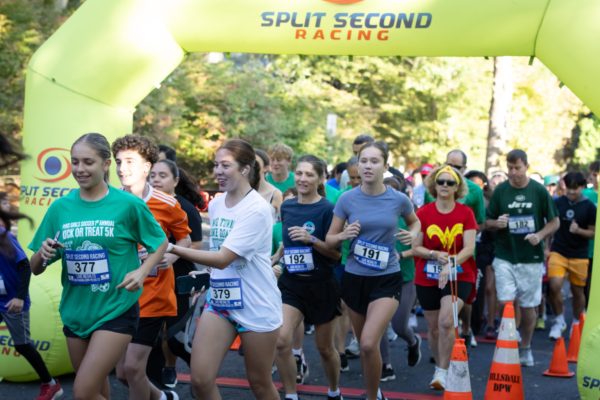No arguing with success
JV and Varsity debate teams gain experience as the year goes on
Do you want to be a better oral presenter? Do you desire that competitive rush when in the heat of an argument? Do you want to take a stand for what you believe in? If your answer is yes to all of these questions, then the debate team is the extra-curricular activity for you.
PV debaters say they love the competition and beneficial learning experience of participating in such an exciting club.
“I think [debate] is really awesome because I like to argue a lot . . . It also gives me the chance to get involved with the school,” said sophomore Sofia Abdari, a new member of the JV debate team.
Members of the debate team attend meetings in the Lecture Hall after school every Tuesday with math teacher and debate coach Mrs. Lauren O’Connell here at Pascack Valley.
There are two different debate teams: Varsity and Junior Varsity. Debates takes place at Pascack Hills, Paramus High School, Friesh, Glen Rock, Ramapo, Ramsey, or Northern Highlands, with the location varying each time.
Varsity debates occur during school and are held in front of classes.
Junior Varsity takes place after school. Students take buses to reach their location. The debates begin at approximately 4 p.m. and end around 6:30 p.m.
To prepare for a debate, students, in teams of two, are required to research a plan in correspondence with this year’s resolve: “The United States Federal Government should substantially curtail its domestic surveillance.” Each team will then come up with a problem and a plan as to how, what, when, and why the government should curtail surveillance.
When participating in a debate, students are assigned Affirmative and Negative teams for the first round, and then switch positions for the second round. Each team argues against a different opposing team for each round.
First, the Affirmative team presents their plan, which the Negative team has to refute on the spot. The Negative team is hearing this information for the first time, so they have to learn to think quickly so they can fire back at the Affirmative team and prove their point.
For each round, there are a set of steps that must be followed: First Affirmative Speech, First Negative Cross Questioning, First Negative Speech, First Affirmative Cross Questioning, Second Affirmative Speech, Second Negative Cross Questioning, Second Negative Speech, Second Affirmative Cross Questioning, Negative Rebuttal, and lastly, the Affirmative Rebuttal.
In the First Affirmative Speech the Affirmative team presents their problem and in the Second Affirmative Speech they present their plan. During the Negative and Affirmative Rebuttals, each team refutes the others’ points made throughout the entire debate.
Each round is 45 minutes. Varsity debates are made up of four rounds, and JV debates have two rounds.
Timers make sure that each step stays within the time limit for each step. One judge determines the winner of each debate and makes sure that the teams abide to the rules by filling out a ballot. The ballots are then submitted to determine which teams will receive awards.
The first Varsity debate was on Oct. 30 at Northern Highlands High School. Nicole Beckemeyer and Brian Sumereau were awarded with the first place Team Award. Out of the 23 teams participating, they were the only team to remain undefeated after the debate had ended. In addition, Beckemeyer won the second place Speaker Award, and Sumereau was the fourth place speaker.
In the second Varsity debate in December, Beckemeyer and Sumereau were again undefeated and won the first place Team Award. Sumereau also won the second place Speaker Award. In the third debate, which took place in January, Sumereau won the first place Speaker Award.
The first Junior Varsity Debate took place on Thursday, Nov. 12. Out of 40 participating teams, freshmen Shauna McLean and Elyse Migdal won the third place Team Award.
In the latest JV debate, Christina Quezada and Meghan McIntyre won the second place Team Award and Quezada won the second place Speaker Award as well.
As the debaters gain experience throughout the year, their research skills and public speaking skills will become stronger. These skills are not only beneficial for debaters but for any type of project one may participate in throughout their life.
“They [the debaters] can take something as scary as public speaking and make it exciting,” O’Connell said.


